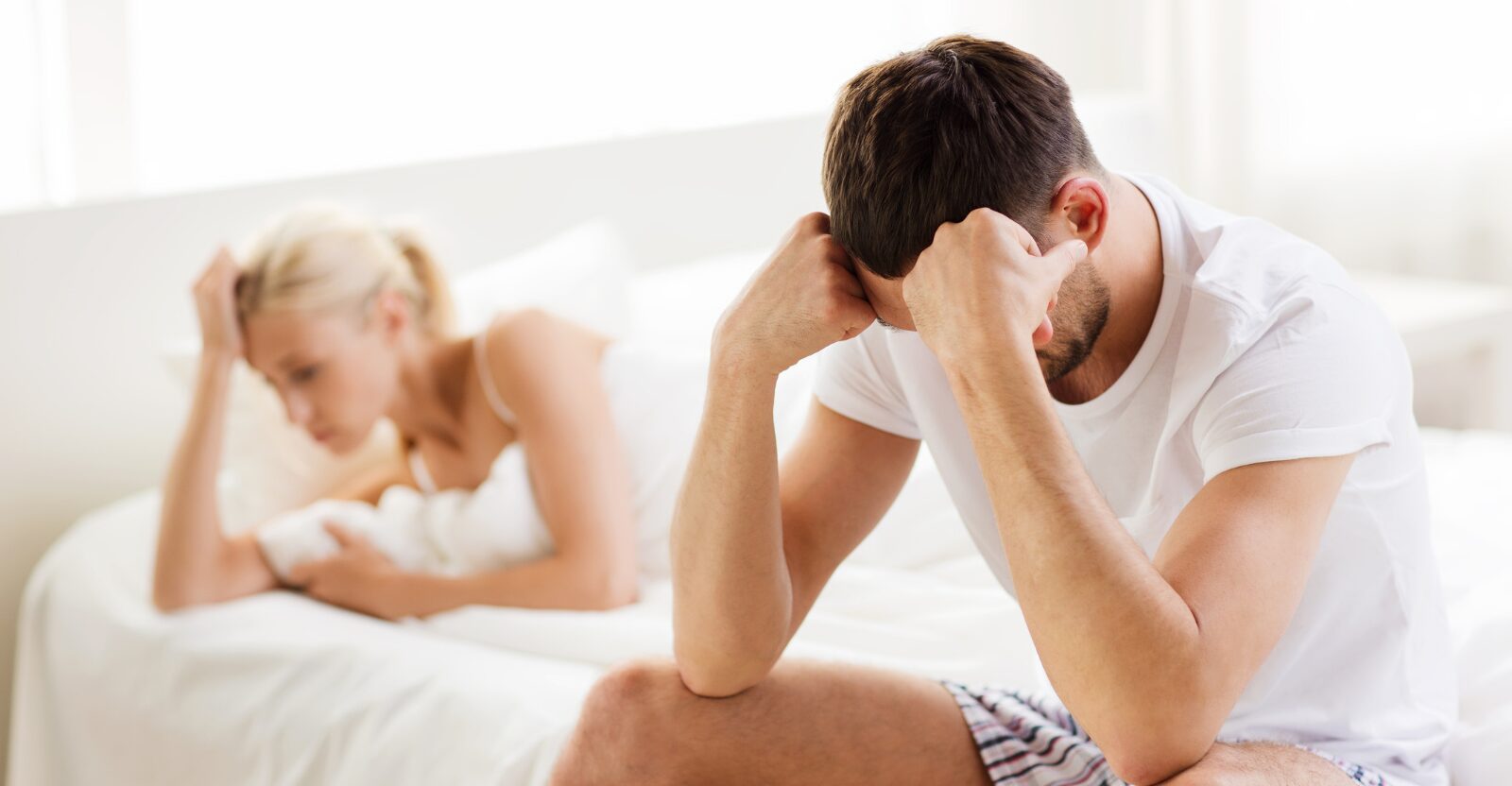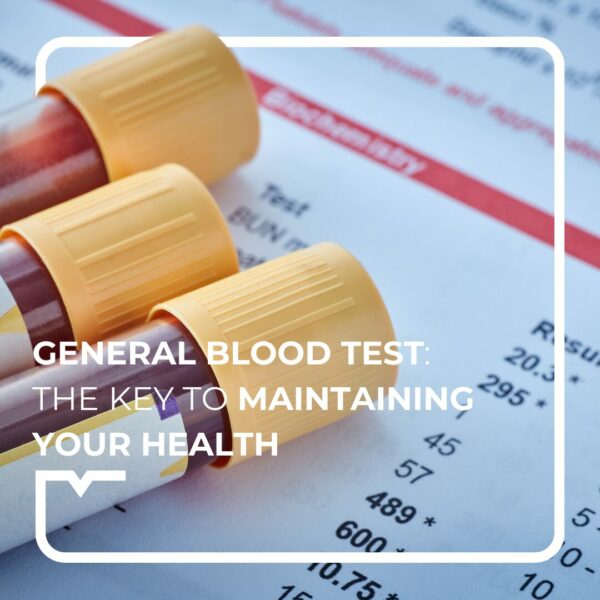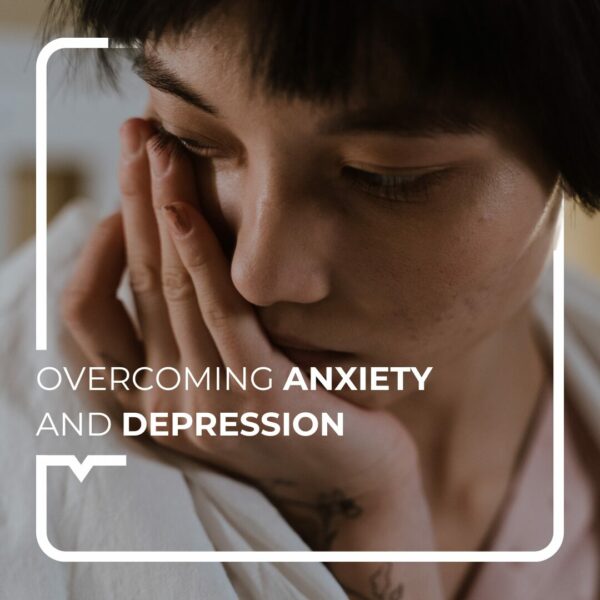In Sophie and Marc’s daily life, candlelit dinners have given way to meals in front of the television, and the intimacy that once felt so close has become the exception rather than the rule. A decrease in libido has set in, reducing the desire and interest in sex. This phenomenon, common among couples, can stem from physical, psychological, or relational causes.
Hello, this is Dr Joy!
In this article, we explore the possible reasons for this drop in desire and solutions for regaining a fulfilling sex life.
I – Understanding decreased libido
A decrease in libido, or loss sexual desire, is a common issue that can affect both men and women. It manifests as a reduced interest in sexual activity, fewer erotic thoughts or fantasies, and/or a diminished response to sexual stimulation.
It is important to note that libido naturally fluctuates throughout life, and a temporary decline is normal. However, a persistent decrease can be a cause for concern, impacting both personal well-being and relationships. This decline may lead to anxiety conflicts, and misunderstanding within a couple.
II – Possible causes of libido decline
The causes of decreased libido are varied and may stem from physical, psychological, or relational factors, or a combination of these elements.
Physical factors
- Hormonal imbalances: In Sophie’s case, hormonal fluctuations, particularly during menopause, pregnancy, or after childbirth, can influence her libido. For Marc, a drop in testosterone levels may also lead to reduced sexual desire. Thyroid disorders, wether hypothyroidism or hyperthyroidism, can also affect libido, lubrication, erection, and orgasm in both partners.
- Medications: If Sophie or Marc take antidepressants, oral contraceptives, blood pressure treatments, antipsychotics, diuretics, or corticosteroids, these could impact their libido. SSRI-type treatments, in particular, can cause sexual dysfunction.
- Chronic illnesses: Conditions such as diabetes, hypothyroidism, heart disease, or neurological disorders may accept their sexual desire.
- Fatigue and lack of sleep: Insufficient rest can lead to decreased energy levels and a diminished sex drive.
- Alcohol and drug consumption: Excessive alcohol or drug use can negatively impact libido, lower testosterone levels, or cause erectile dysfunction.
Psychological factors
- Stress and anxiety: Daily stress can lead to increased cortisol production, which may contribute to lower testosterone levels, affecting Marc’s libido. Anxiety can also reduce Sophie’s sexual desire.
- Performance anxiety: Being in the head and creating a fear of a potential loss of erection or not being able to orgasm can create in some men a lack of libido.
- Depression: Depression often reduces motivation and interest in various activities, including sexual intimacy.
- Low Self-Esteem: A lack of confidence or body image issues could make Sophie or Marc less inclined to engage in sexual activity.
- Sexual Trauma: A history of sexual abuse may create difficulties in feeling comfortable and sexually aroused for either partner.
Relational Factors
- Conflicts and Tensions: Relationship issues, arguments, or poor communication can diminish attraction and sexual desire.
- Routine: A lack of novelty in their sex life may lead to a loss of interest.
- Having a Child: Resuming intimacy after the arrival of a child can be a source of concern for Sophie and Marc.
III – How can it be manifested?
A decrease in libido can manifest through various symptoms:
- A reduced interest in sex, even in the presence of erotic stimuli.
- A decrease in the frequency of sexual activity or complete avoidance.
- A lack of sexual fantasies.
- Difficulty in reaching arousal.
- An absence of sexual satisfaction.
- Other symptoms not directly related to sexual activity, such as chronic fatigue, irritability, mood swings, decreased motivation, sleep disorders, anxiety, and concentration problems.
If you or your partner are affected by a drop in libido, it’s essential not to be left alone in the face of this situation.
To help you rediscover your sexuality and strengthen your relationship, make an appointment with Melissa Taylor, sexologist at Alegria Medical Centre. Her expertise and caring support can offer you personalised solutions and guide you towards greater well-being in your intimate life and in your relationships.
This information is not a substitute for medical advice.
You must seek the advice of your doctor or another qualified health professional with any questions you may have regarding your health condition.
Sources:



